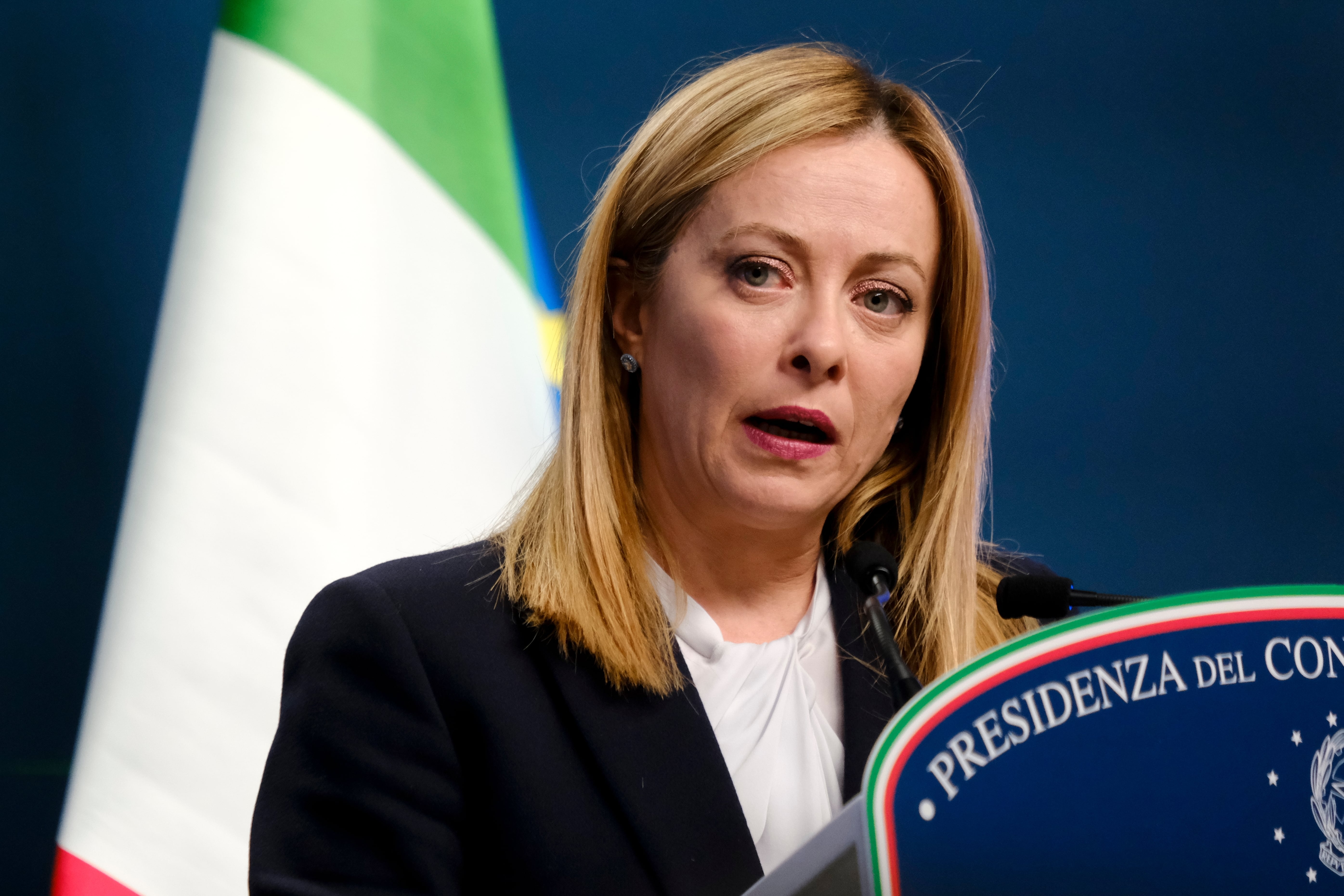Telephone pranks are usually seen as an entertainment for kids – but international politics has actually discovered that it could also be a very serious issue, moreover if the victim is Italian PM Giorgia Meloni, a front-runner of Ukrainian support. On November 1st, a Russian comic duo, Vovan and Lexus, released online the audio of a prank where Meloni was deceived by one of the two comedians who pretended to be the African Union President.
The alleged President soon made Meloni talk about the Ukrainian crisis, after pretending to be focused on migration issues in Northern Africa. Asked about the feeling towards the Ukrainian crisis among international leaders, she said that “I see that there is a lot of fatigue, I have to say the truth, from all the sides, we are near the moment in which everybody understands that we need a way out.”
Those statements, even if not public, would have been capable of sparking a serious outrage among the international community, but the latter didn’t blame Meloni for her words, as it has happened before that other leaders such as former German Chancellor Angela Merke or former British PM Boris Johnson were caught in the same trap. Moreover, the international community has no interest at all in dividing itself on a supposed joke which is just the product of Russian propaganda attempting to undermine the western public support for Kyiv’s cause.
Nevertheless, the “fatigue” expressed by Meloni is somewhat a real danger for Zelensky, who has made countless appeals to his allies in order not to lose their active support. Zelensky feels that an enduring crisis could have the potential to tire the USA and the European Union of Ukraine. That is why he’s also trying to capitalize on the current moment, as he stated that the Ukrainian goal is to obtain a political decision on Ukraine’s EU membership by the end of 2023.
If the goal seems unreachable, it’s clear that Ukraine is in a hurry, as the “fatigue” of the international community could be the actual end for Kyiv’s project to win the war without any major concession to Russia. That’s because it is clear that if all the weapons suppliers and political stakeholders supporting Ukraine want it to negotiate, it would be impossible for Zelensky, or whoever would come, not to. The current crisis in the Middle East will also weaken the attention drawn to Ukraine, as Israel is historically a closer ally and more strategic country for US interests. And there’s no doubt that Tel-Aviv will do whatever it takes to foster the attention on its needs, reducing resources available for Kyiv, whose diplomacy is also less experienced than the Jewish state’s.
Since the Ukrainian crisis broke out, multiple other heated scenarios appeared or kept burning. Therefore, Meloni’s words don’t help thinking that Kyiv’s issue will still be a top priority in the agenda, as anyone is starting to lose trust. Of course, Italian institutions, and the other countries’ mentioned before as well, did not show their best side.
The silence on that call by other leaders is good for unity, but not for reassuring public opinion which shares that “fatigue” in many countries and has the need of new wood to fuel its pro-Ukrainian will. Zelenskiy knows this now more than ever and it’s not hard to think that Meloni’s call, which had a wide international coverage, would eventually play a harmful role on Kyiv’s stance, exactly as planned by the comic duo, probably on behalf of the Russian State and its head in the Kremlin.
Author
-

Dario Pio Muccilli is the Star-Revue’s Italian correspondent, based in Turin. Email him at muccillidariopio@gmail.com
View all posts
Dario Pio Muccilli is the Star-Revue’s Italian correspondent, based in Turin. Email him at muccillidariopio@gmail.com










